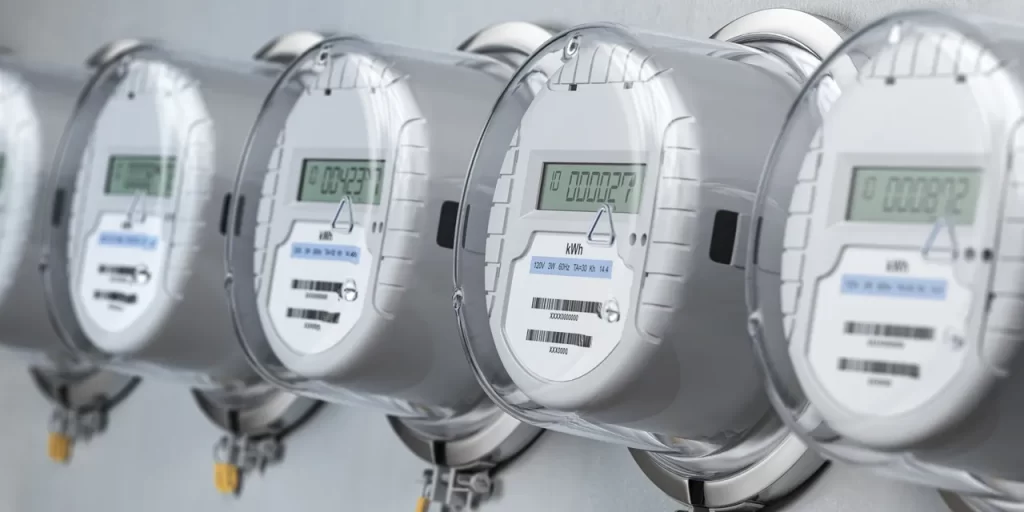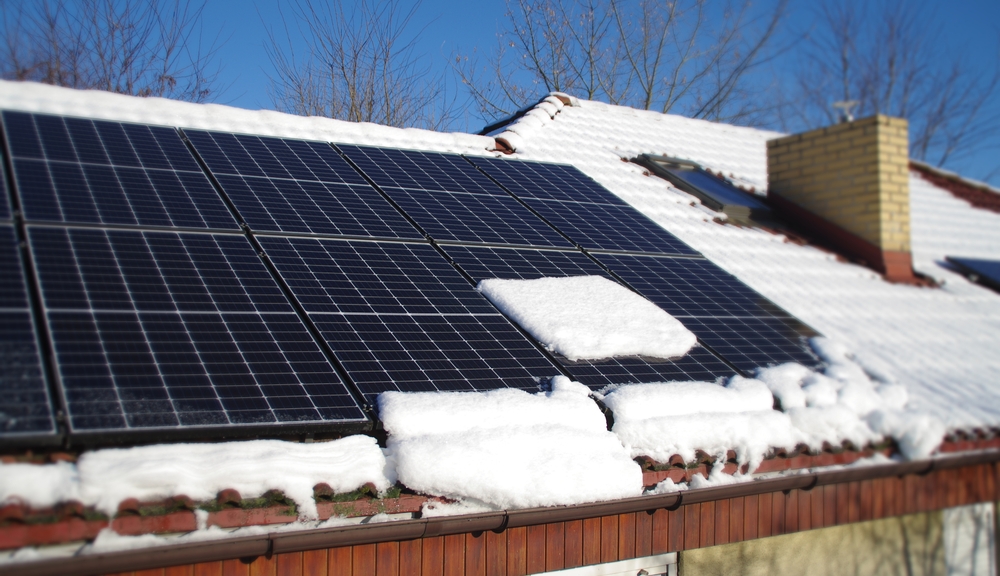Net metering, a solar incentive offered in over 30 US states, allows you to store excess energy in the utility grid through a bidirectional meter that helps balance your energy use and maximize the financial benefits of solar panels.
As you may already know, the Sun has peak hours during the day when the majority of people aren’t home using electricity. Your panels are harnessing that peak energy even if you aren’t using it at that moment – but if your system overproduces, which means it generated more clean electricity than your home actually used, the excess power is sent back through the grid.
You may be wondering what happens to the power once it is sent back into the grid. It is used by other households in need … but don’t worry! You will receive financial benefits if your system overproduces, and you’ll have access to power from the grid any time your system has isn’t producing power at night or during inclement weather.
If your system is leased, you will receive a rolling bank of credits for that excess power which is reflected on your next utility bill and based on the net number of kilowatt-hours you gave back. We say “rolling” because the meter itself will actually roll backwards to ensure your account is properly credited. If you own the system, you will be able to collect the credits and sell them back to your utility when your system overproduces. Either way, it’s a win!
Solar is already one of the cheapest forms of electricity, so credits on your utility bill that can either be used or sold back provides yet another level of savings that can be a game changer for many working Americans. To review which states are eligible, click here.

Find out if your home qualifies for solar GET A QUOTE
Sources:
https://www.energysage.com/solar/101/net-metering-for-home-solar-panels/
https://us.sunpower.com/what-solar-net-metering-and-how-does-it-work
https://www.ncsl.org/research/energy/net-metering-policy-overview-and-state-legislative-updates.aspx






